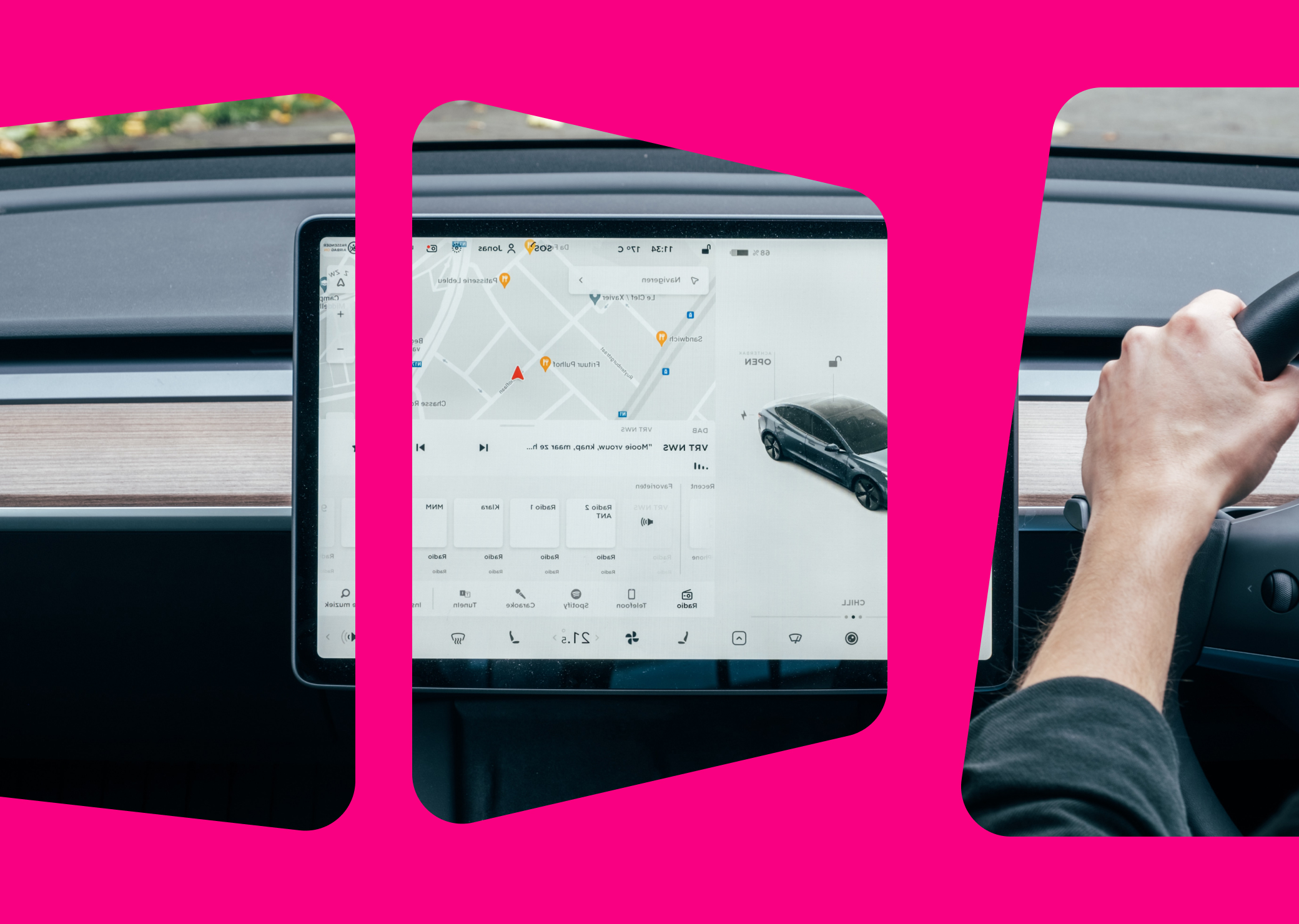- Carmoola
- Blog
- Tips and Advice
- How Often Do You Need to Charge an Electric Car?
- 🗞 Tips and Advice
- Last updated: Aug 1, 2022
- 5 Min Read
How Often Do You Need to Charge an Electric Car?
Written by

Verified by


See how much you can borrow in 60 seconds
| Representative Example | |
|---|---|
| Loan amount | £10,000 |
| Interest rate | 13.9% APR |
| 54 payments of | £246 |
| Total cost of credit | £3,284 |
| Option to purchase fee | £1 |
| Total payable | £13,285 |
If it’s your first time driving an electric car, you probably have a lot of questions in mind, like “How often do I need to charge my EV?” 🤔 This is indeed an important question to ask because you want to make sure that your electric vehicle has enough power to take you to your destination. Knowing that the EV is fully charged also takes away that anxiety you might be feeling whenever you take your car for a long drive out of the city. So, let’s jump right in and answer your question!
Factors Affecting How Often You Charge
You might be looking for an exact answer to how often your electric car needs to be charged. However, it is simply not possible because there are a number of factors to consider, and those factors are specific and unique to your situation. Let’s start with the first one.
Where You’re Driving
If you drive long distances frequently, then, of course, you’d have to charge your electric car more often. But apart from the distance and frequency of your driving, another crucial factor to consider is where you’re driving your EV. Driving around the city typically means a lot of slow, heavy traffic. With a conventional car, pressing on the brakes too often wastes energy. But with an EV, there’s regenerative braking where a little of that energy is recovered and then stored back into the car battery.
Battery Size
With electric car batteries, the general rule is “the bigger, the better.” For example, a Tesla Model 3 boasts a 75kWh battery from which you can get 360 miles. Compare that with a Volkswagen ID.3 with a 45kWh where you only get 215 miles. Your EV’s battery size usually affects the performance of your car and how often you need to charge it.
This isn’t always the case, though, because not all cars with big batteries are automatically capable of longer range. Electric car manufacturers use different technologies for their EV batteries, and these come in varying levels of optimisation. While battery size does play a vital role in the performance of the vehicle, it’s not the only factor that matters.
Many electric cars today are capable of reaching 200 miles when they are fully charged. On average, a driver only covers up to 30 miles per day, so this means you might not need to charge your EV every night. This is great news for those who can’t charge their cars overnight at home.
Climate
You’ll be amazed to know that electric cars are a lot like us and how the weather or climate affects our mood and level of energy. During cold mornings when you don’t want to get up from your warm and comfortable bed, your electric car is almost like that, too, during the colder months. It’s because it has lithium-ion batteries that are affected by low temperatures.
The batteries depend on chemical reactions so that electricity will be released and allow the car to run. However, at low temperatures, there is a decrease in such chemical reactions, reducing the performance of the battery. The best way to ensure that your car will perform well in cold weather is to pre-heat it before you drive. Also, when charging your EV, wait for the battery to warm up because a cold battery will take a longer time to be charged.
Do I Need to Fully Charge My EV?
Many electric car manufacturers provide information on the time it takes for their cars to charge and reach 80%. The reason behind this is that as the EV battery gets closer to 100%, the charging time slows down. But the good news here is that it’s not necessary to charge your car up to 100% each time you plug it in. But to maximise the longevity of your battery, don’t allow your electric car to go below 20% as much as possible. And while 80% is good enough, you may want to get it to charge fully regularly as well.
Where Should I Charge?
It’s ideal to have your own charger at home. You can simply use a three-pin plug for this, but if you have the budget to have a dedicated home wall box installed, then that’s better. A wall box will charge your electric car much faster than the standard plug. Also, it’s more efficient, so you’ll actually save more money on your electricity consumption if you have a wall box at home.
But what if you don’t have a driveway where you can charge your electric car? In this case, you have several options to choose from. You may check the parking areas at work or at business establishments where you do your grocery shopping, for example, or at a street charger near your home. These days, it’s easy to find a charger near you. You can even filter the results and look for free charging points.
If you’re heading on a road trip, you may want to plan out your route so you’ll know where to have your stops to charge your car. Many restaurants offer free charging to their customers. You can check out those establishments so you can plan where to dine and charge your EV at the same time. For longer trips, it’s also wise to look for hotels that offer EV charging so your car can be charged overnight while you sleep. The next morning, you and your car will have the energy to continue on your journey.
Takeaway
So, how often should you charge your electric car? If you drive a lot, then you’d have to charge your car more frequently. Driving long distances on a daily basis might require you to charge your car every night. But if you’re an average driver, this might not be the case for you. Try not to wait for the battery to go below 20% before you plug it in. As much as possible, allow the car to be fully charged but don’t sweat it if you don’t have the time. And reaching 80% is good enough, and it can take you to your destination without any problem. 👍
See how much you can borrow in 60 seconds
| Representative Example | |
|---|---|
| Loan amount | £10,000 |
| Interest rate | 13.9% APR |
| 54 payments of | £246 |
| Total cost of credit | £3,284 |
| Option to purchase fee | £1 |
| Total payable | £13,285 |
Related articles
What to Do If Your Car on Finance Is Broken Beyond Repair
Your car’s dead, the repair bill’s sky-high, or insurance has called it a write-off. But the finance payments? Still ticking...
What Are the Top 5 Used Car Websites in the UK?
Thanks to the internet, searching for a used car in the UK is easier than ever before. You can simply head online, visit a used...
What Is GMFV in PCP Car Finance? Guaranteed Minimum Future Value Explained
GMFV, or Guaranteed Minimum Future Value, is the amount your lender estimates your car will be worth at the end of your PCP...

.webp?width=832&height=592&name=customer-support%20(1).webp)










.webp?width=400&height=285&name=online-shoppers-with-dog%20(1).webp)


.jpg?width=500&height=356&name=Vintage%20car%20going%20to%20an%20old%20town-1%20(1).jpg)





